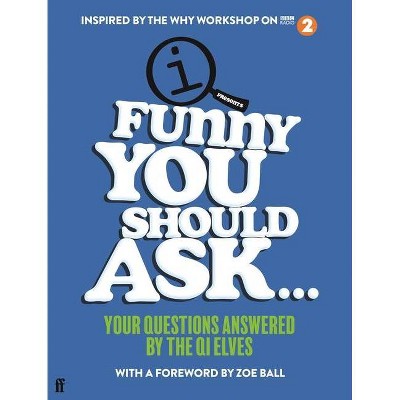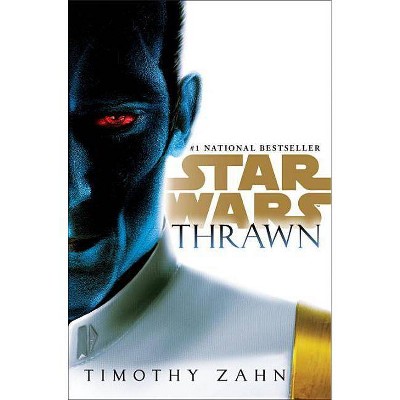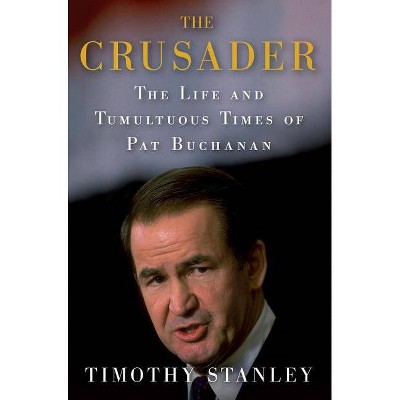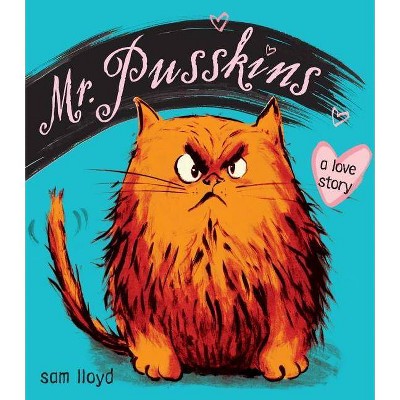What Folklorists Do - by Timothy Lloyd (Hardcover)
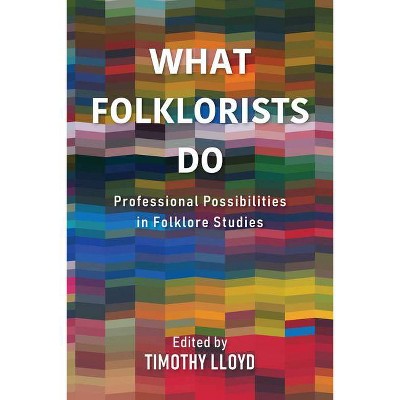
Similar Products
Products of same category from the store
AllProduct info
<p/><br></br><p><b> About the Book </b></p></br></br>"What can you do with a folklore degree? Over six dozen folklorists, writing from their own experiences, show us. What Folklorists Do examines a wide range of professionals-both within and outside the academy, at the beginning of their careers or holding senior management positions-to demonstrate the many ways that folklore studies can shape and support the activities of those trained in it. As one of the oldest academic professions in the United States and grounded in ethnographic fieldwork, folklore has always been concerned with public service and engagement beyond the academy. Consequently, as this book demonstrates, the career applications of a training in folklore are many-advocating for local and national causes; shaping public policy; directing and serving in museums; working as journalists, publishers, textbook writers, or journal editors; directing national government programs or being involved in historic preservation; teaching undergraduate and graduate students; producing music festivals; pursuing a career in politics; or even becoming a stand-up comedian. A comprehensive guide to the range of good work carried out by today's folklorists, What Folklorists Do is essential reading for folklore students and professionals and those in positions to hire them"--<p/><br></br><p><b> Book Synopsis </b></p></br></br><p><b>What can you do with a folklore degree? Over six dozen folklorists, writing from their own experiences, show us. </b></p><p><i>What Folklorists Do</i> examines a wide range of professionals--both within and outside the academy, at the beginning of their careers or holding senior management positions--to demonstrate the many ways that folklore studies can shape and support the activities of those trained in it. As one of the oldest academic professions in the United States and grounded in ethnographic fieldwork, folklore has always been concerned with public service and engagement beyond the academy. Consequently, as this book demonstrates, the career applications of a training in folklore are many--advocating for local and national causes; shaping public policy; directing and serving in museums; working as journalists, publishers, textbook writers, or journal editors; directing national government programs or being involved in historic preservation; teaching undergraduate and graduate students; producing music festivals; pursuing a career in politics; or even becoming a stand-up comedian. </p><p>A comprehensive guide to the range of good work carried out by today's folklorists, <i>What Folklorists Do</i> is essential reading for folklore students and professionals and those in positions to hire them.</p><p/><br></br><p><b> About the Author </b></p></br></br><p>Timothy Lloyd is Senior Advisor for Partnerships of the American Folklore Society and was the society's executive director from 2001 to 2018. He is author, with Patrick Mullen, of <i>Lake Erie Fishermen: Work, Tradition, and Identity</i>.</p>
Price History
Price Archive shows prices from various stores, lets you see history and find the cheapest. There is no actual sale on the website. For all support, inquiry and suggestion messagescommunication@pricearchive.us
